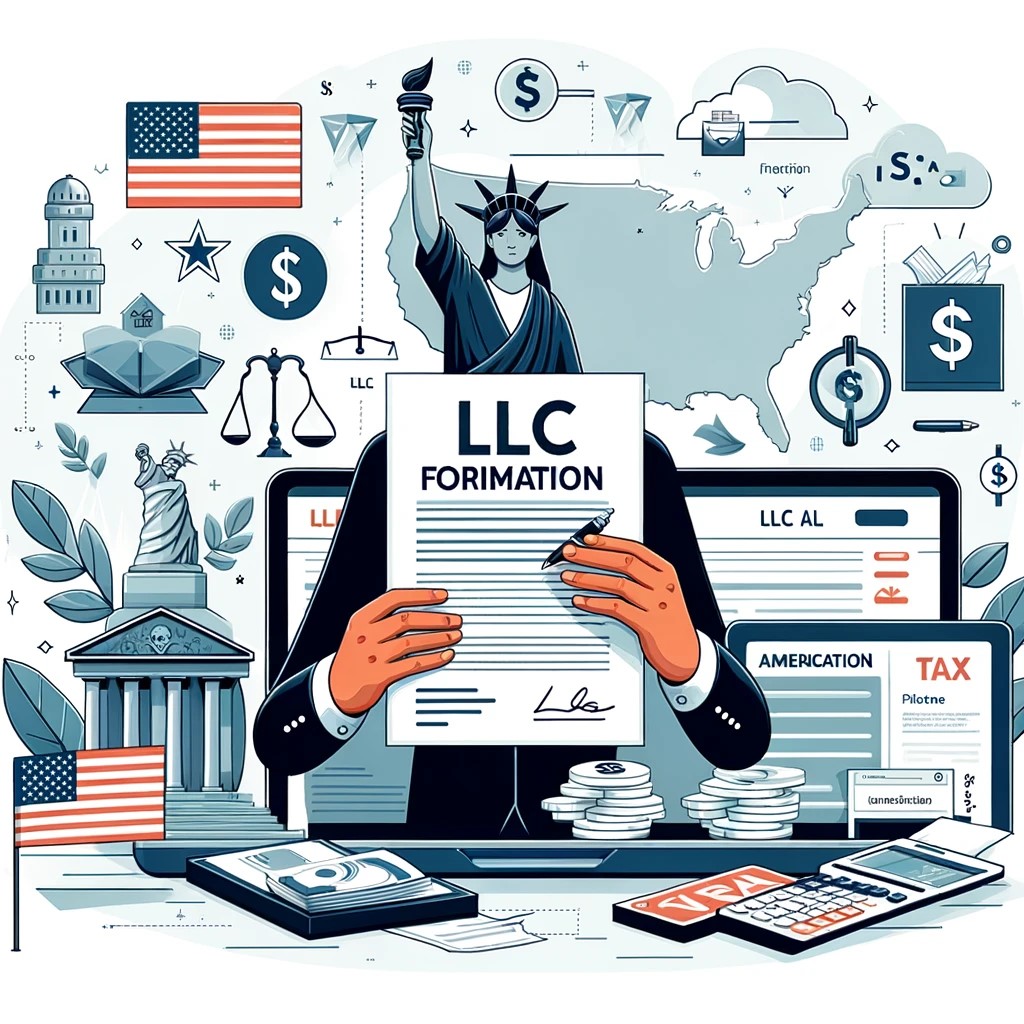

What is Sales Tax? How and When is it Collected and Filed in the USA?
What is Sales Tax?
Sales tax in the USA is a consumption tax imposed on the sale of goods and services. It is collected by retailers from customers at the point of sale and then remitted to the state or local tax authority. Sales tax rates and regulations can vary significantly by state and locality.
When is Sales Tax Collected?
Sales tax is collected at the time of sale on most retail transactions. The types of goods and services subject to sales tax can vary by state. It is crucial for businesses to understand the specific sales tax rules in the states where they operate.
How to File Sales Tax?
Filing sales tax involves reporting the collected taxes to the appropriate tax authorities and making the necessary payments. Filing frequency can be monthly, quarterly, or annually, depending on the state’s regulations and the volume of sales. Here are the basic steps:
-
Obtaining a Sales Tax Permit:
- Businesses must register for a sales tax permit with the state tax authority where they will be collecting sales tax. This permit authorizes the business to collect tax on behalf of the state.
-
Collecting Sales Tax:
- Businesses must collect sales tax from customers at the applicable rate for their location. Rates can include state, county, and city taxes.
-
Record Keeping:
- Maintain accurate records of all sales, taxable and non-taxable transactions, and the amount of sales tax collected.
-
Preparing the Tax Return:
- At the end of each filing period, businesses must prepare a sales tax return detailing the total sales, taxable sales, and amount of tax collected.
-
Paying the Tax:
- Submit the sales tax return and remit the collected taxes to the state tax authority. Many states offer online filing and payment options.
States with Sales Tax Advantages
Some states have lower or no sales tax, making them more attractive for businesses:
- Delaware: No state sales tax.
- Montana: No state sales tax.
- New Hampshire: No state sales tax.
- Oregon: No state sales tax.
- Alaska: No statewide sales tax, but local taxes may apply.
Operating in these states can reduce the tax burden on businesses and customers.
Frequently Searched Topics
-
Sales Tax Exemptions:
- Certain goods and services may be exempt from sales tax. Common exemptions include groceries, prescription medications, and certain types of equipment.
-
Nexus and Tax Liability:
- Nexus is the connection a business has with a state that requires it to collect sales tax. This can be based on physical presence, economic presence, or other criteria.
-
Remote Seller Laws:
- With the rise of e-commerce, many states require remote sellers to collect sales tax if their sales exceed a certain threshold in the state.
-
Marketplace Facilitators:
- Online marketplaces like Amazon and eBay may be required to collect and remit sales tax on behalf of their sellers. This simplifies compliance for individual sellers.
Managing Sales Tax with Tam Accounting
Tam Accounting provides comprehensive accounting and advisory services to help businesses manage their sales tax obligations. Our services include:
- Tax Advisory: Answering all your sales tax questions and developing tax strategies tailored to your business needs.
- Return Preparation: Preparing and filing sales tax returns accurately and on time.
- Compliance Management: Ensuring your business complies with all relevant tax regulations.
For more information on managing sales tax and other tax compliance issues, contact Tam Accounting today.






